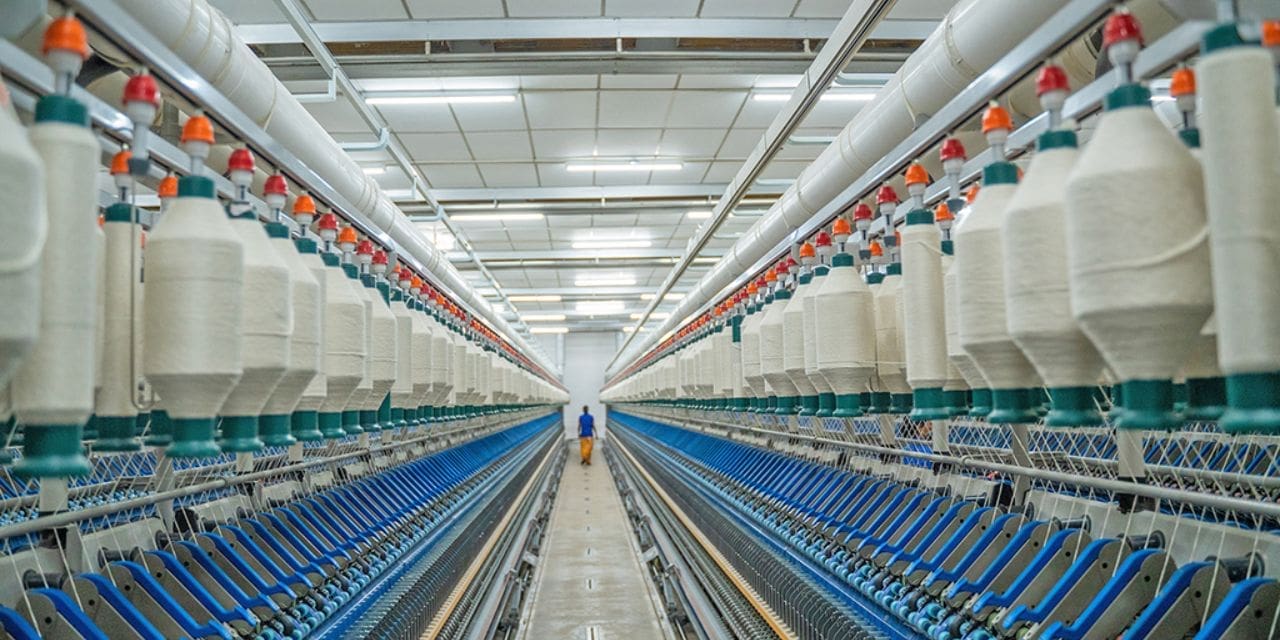LS Spinning Mills, a renowned textile company established in 1979, has been at the forefront of innovation and customer-centric solutions. Starting with a focus on the ginning business, the company expanded its operations into spinning, and weaving, and even ventured into the bedsheet market. Known for its commitment to providing a one-stop solution and ensuring trust in transactions, LS Spinning Mills continuously sought the best options available in the market to deliver unparalleled quality to its customers. With investments in top-of-the-line machinery and a dedication to green initiatives, the company proudly operates as a 100% green organization.
In the year 2000, PREMIER, a leading engineering company, introduced their first product to LS Spinning Mills—a contamination sorter. This marked the beginning of a long and successful partnership. Fast forward to 2020, PREMIER unveiled their groundbreaking offering, the PREMIER UniQ. After a trial run at the parent unit, LS Spinning Mills embraced this cutting-edge technology, which proved to be a game-changer. With a diverse range of cotton varieties to deal with, LS Spinning Mills required a robust machine capable of analyzing and clearing based on specific cotton types. After numerous trials, PREMIER delivered a tailored solution that surpassed European and Indian competitors. The long-standing relationship between LS Spinning Mills and PREMIER dates back to the 90s when LS Spinning Mills had the privilege of being the first to test each new product and innovation.
The latest offering from PREMIER, the Ultimo combined iRo product, has proven immensely successful for LS Spinning Mills. This innovative system has boosted spinning production and provided valuable insights for technicians on the factory floor. By addressing the critical issue of cotton contamination, LS Spinning Mills and PREMIER have contributed to elevating textile production to new heights.
The International Textile Manufacturers Federation (ITMF) Cotton Contamination Survey results from 2009 to 2022 have highlighted the presence of varying levels of contaminants across different cotton-producing countries. Certain categories have shown a significant increase in contamination levels, particularly in the “Serious” category. In the case of Indian cotton, there has been a notable surge in the presence of contaminants such as strings of plastic film and woven plastics. This indicates a significant uptick in colored and plastic contaminants over the years.
To tackle this issue, spinning mills are advised to implement efficient contamination detection and removal systems in their plants. By deploying these systems at both the Blow room raw cotton stage and the final yarn stage, the workload of yarn clearers can be significantly reduced, ensuring higher production efficiency. LS Spinning Mills has recognized the importance of advanced contamination detection and removal systems, which is why their partnership with PREMIER has been instrumental in revolutionizing their contamination management process.
Most Contamination Sorters in the Blow room operate on a modular principle, with dedicated modules for detecting different types of contaminants. This modular approach enhances sorting effectiveness and facilitates a proactive and efficient approach to contamination management.
The LS Spinning Mills and PREMIER partnership exemplifies a relationship built on trust, innovation, and a commitment to excellence. By staying at the forefront of technological advancements and utilizing cutting-edge machinery, LS Spinning Mills continues to deliver top-tier products across various segments of the textile industry. Their dedication to quality and sustainability aligns perfectly with their mission to cater to customer needs and provide a seamless textile experience.

